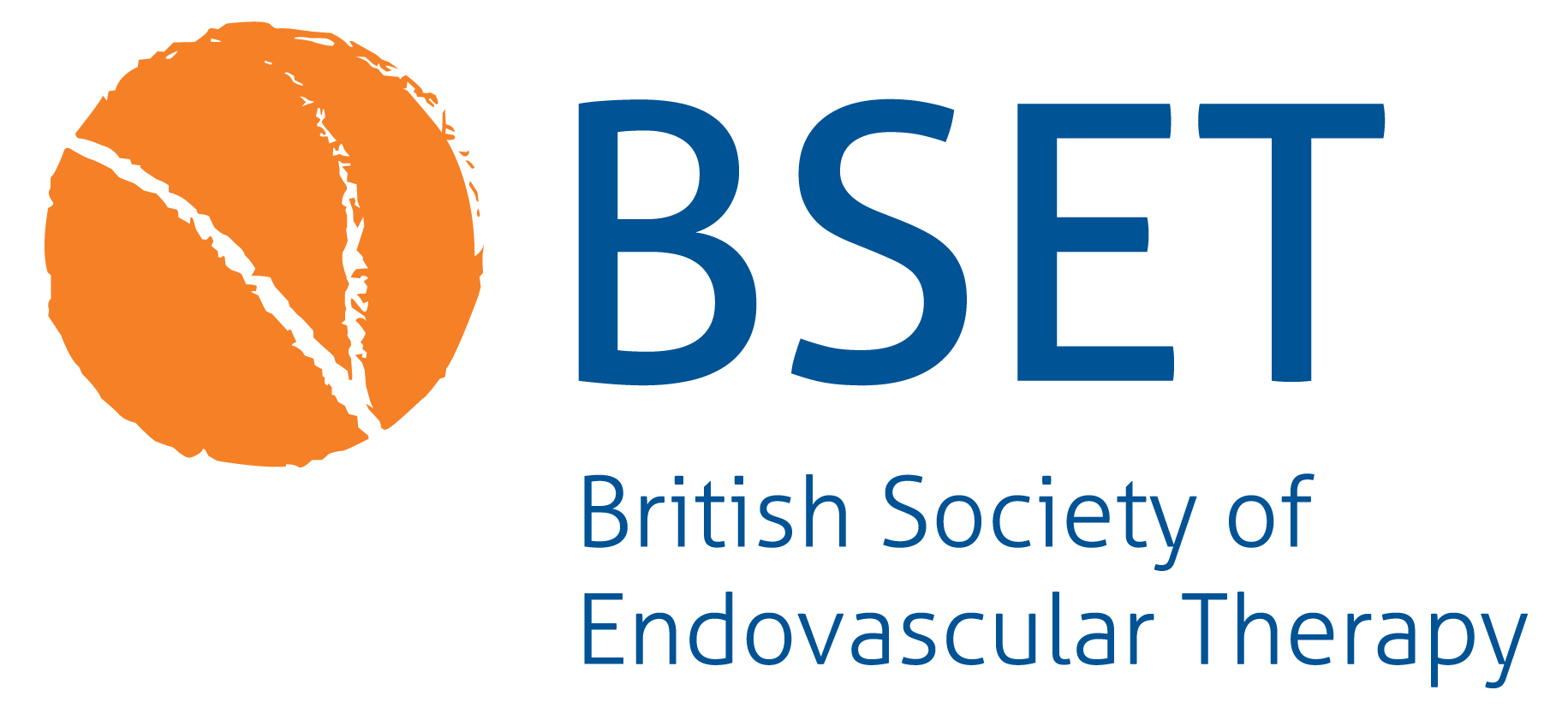Articles
Modern Practice of Diabetic Foot Sampling, Protocols, Pathways, Treatments and Techniques: an audit of specimen transport time from theatre to laboratory for diabetic foot tissue (MODAMP 2)
Introduction The number of amputations secondary to diabetic foot infections continues to rise in the UK, with more than 185 diabetes-related amputations being carried out per week.1 The 5-year mortality rates of patients with diabetic foot ulceration, minor or major lower limb amputations as a result of diabetic foot infections are 30.5%, 46.2% and 56.6%,…
Read MoreSurgical and rehabilitation outcomes of patients undergoing through knee amputation compared with above knee amputation
Introduction Every year more than 5,000 patients undergo a major lower limb amputation in the UK.1-3 Major lower limb amputation is a pivotal life-changing event which can result in significant physical and psychological impacts, depending on the person’s functional ability pre-amputation, the cause of their amputation, their co-morbidities and the level of amputation.4,5 Below knee…
Read MoreRepairing the vascular surgery workforce: attract, recruit and retain
Vascular surgery manages diseases of the arteries, veins and lymphatics, and with a growing and more aged population, both the prevalence and frequency of intervention for vascular disease is increasing.1–3 Healthcare in general, and vascular surgery in particular, is experiencing acute on chronic workforce shortages which threaten the delivery of vascular services worldwide.3-5 Health systems…
Read MoreCongenital absence of splenic artery: a rare cause of upper gastrointestinal bleed
Abstract A 21-year-old woman presented as an emergency with upper abdominal discomfort and one episode of haematemesis. Physical examination, blood results and oesophagogastroduodenoscopy (OGD) were unremarkable. The patient collapsed following a large haematemesis 24 hours later and was intubated, ventilated and resuscitated. Repeat OGD demonstrated multiple areas of gastric angiodysplasia with active bleeding. Attempted haemostasis…
Read MoreBlue toe syndrome secondary to multiple spontaneous aortic thrombi following pneumonia
Abstract A 65-year-old man presented with bilateral ischaemic toes 11 days following hospital discharge for pneumonia. His initial admission was complicated by atrial fibrillation requiring rivaroxaban on discharge. A thromboembolic cause of his toe ischaemia was suspected. An echocardiogram demonstrated only moderate atherosclerosis. However, repeat echocardiogram revealed five thrombi within the descending aorta. Medical management…
Read More










